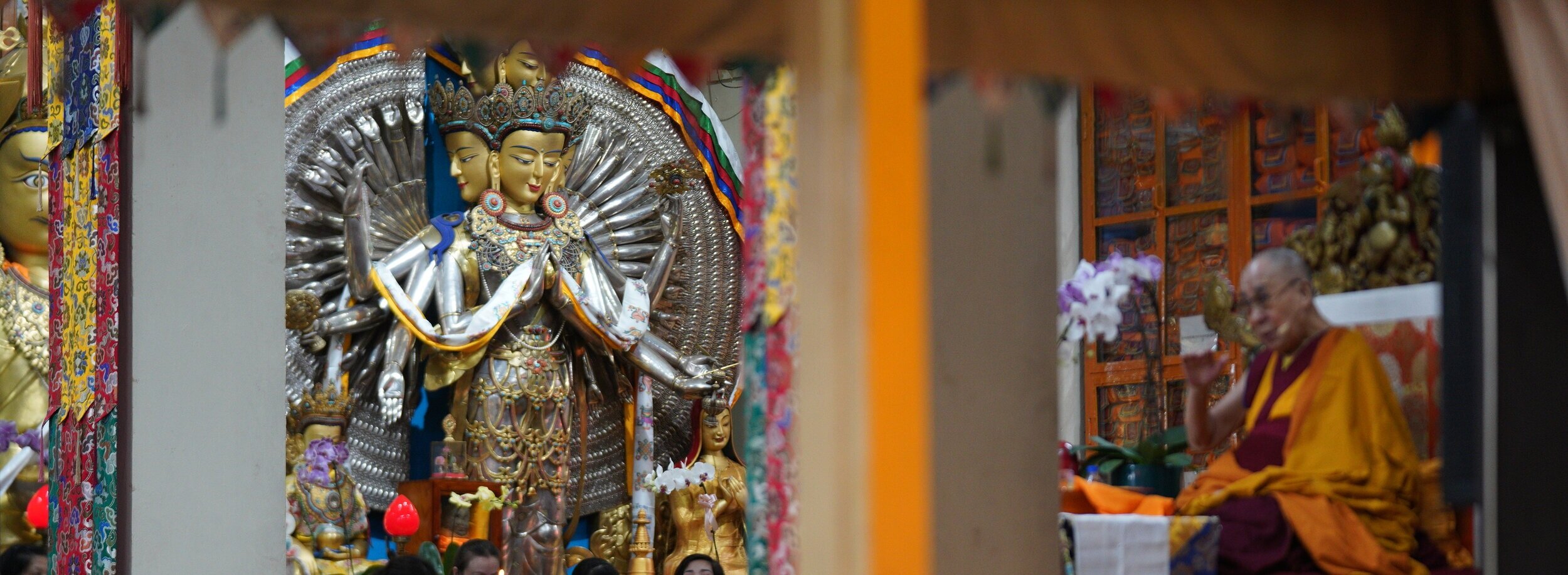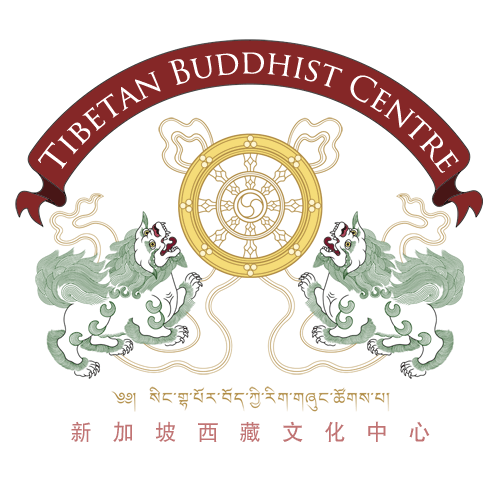
BRIEF BIOGRAPHY
His Holiness the 14th Dalai Lama Tenzin Gyatso
A Brief Biography
His Holiness the 14th Dalai Lama, Tenzin Gyatso, is both the head of state and the spiritual leader of Tibet. He was born on 6 July 1935, to a farming family, in a small hamlet located in Taktser, Amdo, northeastern Tibet. At the age of two, the child who was named Lhamo Dhondup at that time was recognized as the reincarnation of the 13th Dalai Lama, Thubten Gyatso.
The Dalai Lamas are believed to be manifestations of Avalokiteshvara or Chenrezig, the Bodhisattva of Compassion and patron saint of Tibet. Bodhisattvas are enlightened beings who have postponed their own nirvana and chosen to take rebirth in order to serve humanity.
More on His Holiness Dalai Lama, please visit: www.dalailama.com
Three Main Commitments in Life
His Holiness The Dalai Lama has Three Main Commitments in life: Firstly, on the level of a human being, His Holiness’ first commitment is the promotion of human values such as compassion, forgiveness, tolerance, contentment and self-discipline.Secondly, on the level of a religious practitioner, His Holiness’ second commitment is the promotion of religious harmony and understanding among the world’s major religious traditions. Thirdly, His Holiness is a Tibetan and carries the name of the ‘Dalai Lama’. Tibetans place their trust in him. Therefore, his third commitment is to the Tibetan issue. His Holiness has a responsibility to act as the free spokesperson of the Tibetans in their struggle for justice. As far as this third commitment is concerned, it will cease to exist once a mutually beneficial solution is reached between the Tibetans and Chinese. However, His Holiness will carry on with the first two commitments till his last breath.
More on His Holiness Dalai Lama, please visit: www.dalailama.com
Universal Recognition
His Holiness The Dalai Lama is a man of peace. In 1989 he was awarded the Nobel Peace Prize for his non-violent struggle for the liberation of Tibet. He has consistently advocated policies of non-violence, even in the face of extreme aggression. He also became the first Nobel Laureate to be recognized for his concern for global environmental problems.His Holiness has travelled to more than 62 countries spanning 6 continents. He has met with presidents, prime ministers and crowned rulers of major nations. He has held dialogues with the heads of different religions and many well-known scientists. Since 1959 His Holiness has received over 84 awards, honorary doctorates, prizes, etc., in recognition of his message of peace, non-violence, inter-religious understanding, universal responsibility and compassion. His Holiness has also authored more than 72 books.His Holiness describes himself as “a simple Buddhist monk”.
"The need for simple human-to-human relationships is becoming increasingly urgent . . . Today the world is smaller and more interdependent. One nation's problems can no longer be solved by itself completely. Thus, without a sense of universal responsibility, our very survival becomes threatened. Basically, universal responsibility is feeling for other people's suffering just as we feel our own. It is the realization that even our enemy is entirely motivated by the quest for happiness. We must recognize that all beings want the same thing that we want. This is the way to achieve a true understanding, unfettered by artificial consideration."
More on Awards & Honors, please visit: www.dalailama.com
“As long as space remains
As long as sentient beings remain,
Until then, may I too remain
And dispel the miseries of the world”
~ Acharya Shantideva


